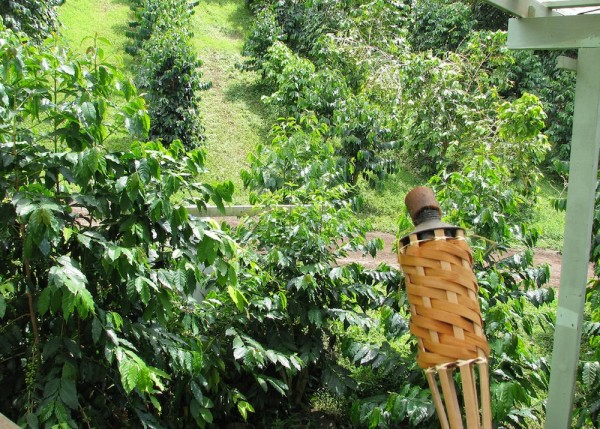The U.S. Senate yesterday passed the 2014 farm bill, which for the first time includes provisions for domestic coffee production in Hawaii, namely fighting coffee borer beetle infestations.
The long-debated $882 million bill supports a range of programs and agricultural initiatives — some farmers are being regarded as the big winners here while some food security/hunger organizations are lamenting funding cuts — over a five-year period.
The borer bill will help secure funding for a borer beetle prevention program that was established with $1 million last July at the USDA’s Agricultural Research Service’s (ARS) U.S. Pacific Basin Agricultural Research Center in Hilo.
“I’ve spoken with farmers concerned about how this invasive species will hurt their crops and our economy – it’s crucial we mount a concerted effort to protect our coffee plants,” says U.S. Sen. Mazie K. Hirono, a democrat from Hawaii who helped work with the Senate to create the provisions. “This amendment will help USDA, the Hawaii Department of Agriculture and the University of Hawaii work collectively and efficiently to help coffee farmers combat and contain the coffee berry borer.”
U.S. Rep. Tulsi Gabbard has estimated that over two years beginning in 2011, Hawaii coffee farmers lost an estimated $9 million and counting in revenue due to crop infestations from the borer beetle. Coffee is grown throughout the Hawaiian Islands, and the latest estimates suggest that there are approximately 8,000 acres of coffee farms there.
Nick Brown
Nick Brown is the editor of Daily Coffee News by Roast Magazine.







Comment